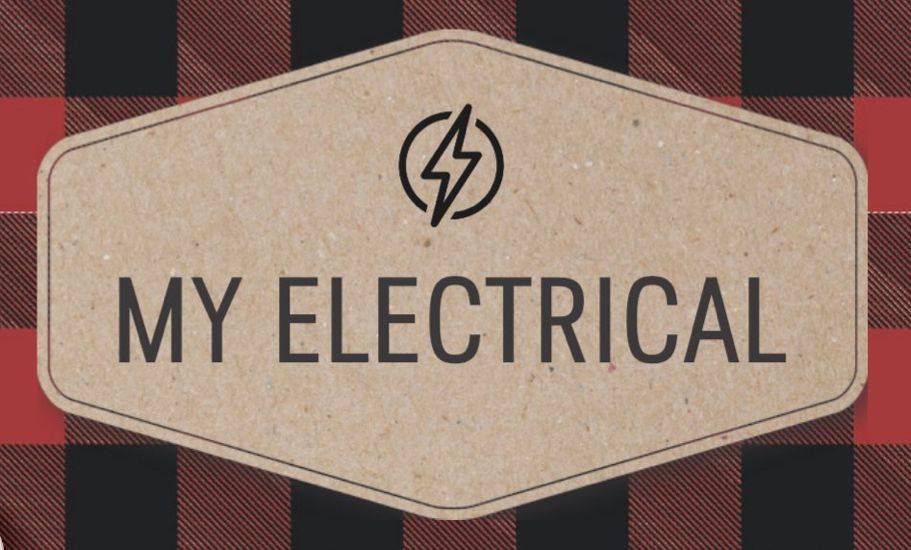Common Electrical Myths Debunked by Ottawa’s Experts
Understanding Electrical Myths
Electricity powers our homes and businesses, yet myths about its use and safety persist. These misconceptions can lead to unsafe practices and unnecessary fears. Here, Ottawa's electrical experts debunk some of the most common myths to ensure you stay safe and informed.

Myth 1: Turning Off Appliances Saves Energy
One widespread belief is that turning off appliances or electronics prevents them from consuming energy. While it's true that switching off devices reduces electricity usage, many items continue to draw power even when turned off. This phenomenon, known as "phantom load" or "vampire power," can add up over time. Using power strips and unplugging devices when not in use can effectively cut down on unnecessary energy consumption.
Myth 2: Rubber Gloves Protect Against Electric Shock
Another common myth is that wearing rubber gloves provides complete protection from electric shocks. While rubber is an excellent insulator, not all rubber gloves are created equal. Household gloves often contain additives that can conduct electricity. Only certified electrical gloves designed for high-voltage work offer genuine protection.

Myth 3: Electrical Fires Are Obvious
Many people assume they would immediately notice an electrical fire, but these fires can smolder undetected for hours before becoming apparent. Faulty wiring or overloaded circuits often cause them, and they can ignite behind walls or in hidden spaces. Regular inspections by a licensed electrician can identify potential hazards before they lead to a fire.
Ensuring Safety with Knowledge
Understanding the realities behind these myths can significantly improve household safety. It's essential to rely on professional advice rather than assumptions when dealing with electrical issues. Here are a few more myths clarified:
- Myth: A tripped circuit breaker is a nuisance, not a warning.
- Truth: Circuit breakers trip to protect your home from electrical overloads which can cause fires.
- Myth: Low-voltage means low risk.
- Truth: Even low-voltage systems can be dangerous under certain conditions.

Myth 4: Old Wiring Is Always Unsafe
Not all old wiring poses a threat. While outdated systems like knob-and-tube may not meet current safety standards, they are not necessarily dangerous if well-maintained. However, having an electrician evaluate older wiring systems is crucial to ensure they remain safe and functional.
Myth 5: DIY Electrical Work Is Easy and Safe
The rise of online tutorials has led many to believe they can handle electrical work themselves. However, DIY electrical repairs are often more dangerous than they appear and can lead to severe injury or property damage. Hiring a qualified electrician ensures the work is done safely and complies with local codes.
By dispelling these myths, Ottawa’s electrical professionals aim to promote safer practices and greater awareness about the realities of electricity in our daily lives.
